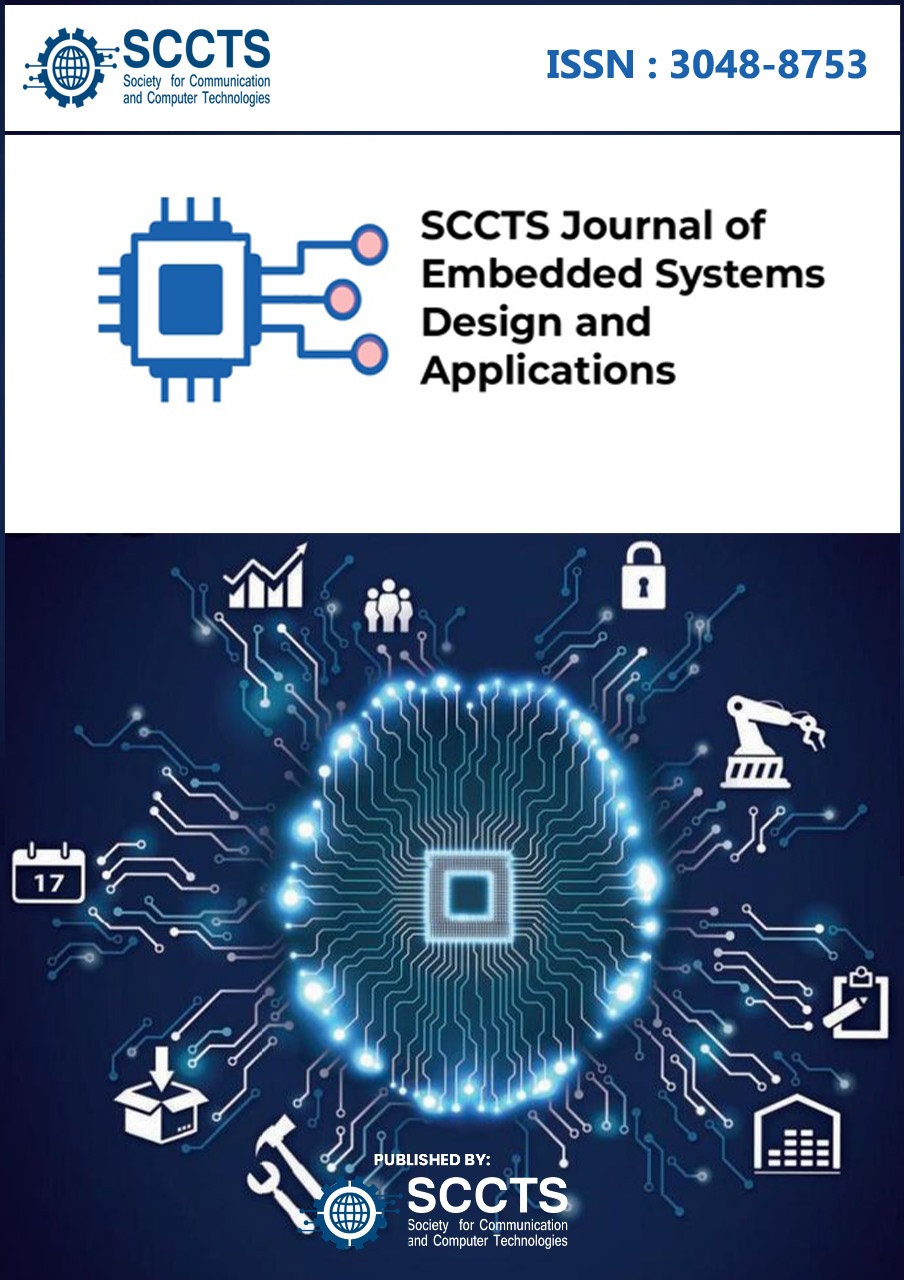Adaptive Algorithms for Power Management in Battery-Powered Embedded Systems
DOI:
https://doi.org/10.31838/ESA/01.01.05Keywords:
Adaptive power management, Battery-powered embedded systems, Dynamic voltage and frequency scaling (DVFS), Energy-efficient algorithmsAbstract
Battery-powered embedded systems are essential in various applications, from mobile gadgets and IoT sensors to medical devices and wearables. Efficient power management is vital to prolonging the operational life of these systems, ensuring their reliability and performance. This article delves into adaptive algorithms crafted for power management in battery-powered embedded systems. These adaptive algorithms modify power consumption in response to real-time operating conditions and workload demands, striking a balance between performance and energy efficiency. We examine several adaptive power management strategies, including dynamic voltage and frequency scaling (DVFS), adaptive duty cycling, and energy-aware task scheduling. Through case studies and real-world examples, we illustrate the practical advantages and constraints of these methods. Moreover, we explore the design principles, implementation hurdles, and performance assessment techniques for adaptive power management algorithms. Lastly, we look at future trends and potential developments in this domain, aiming to tackle new challenges and improve the sustainability of battery-powered embedded systems. This comprehensive review highlights the significance of adaptive power management in enhancing the functionality and lifespan of battery-dependent devices.





